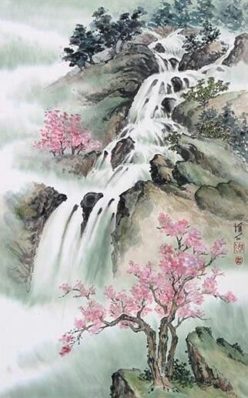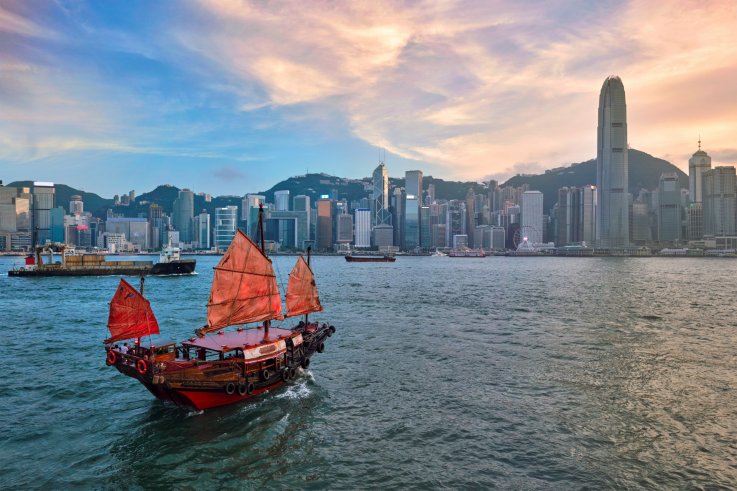
COVID-19 accomplished what police repression and threats could not, dampening the public demonstrations. And no doubt by the turn of 2021 there was a sense that public protest had reached the limits of what it could achieve. The spread of the virus in China did lead to a strike by some public health workers, protesting the failure of the Region government to bar traffic from the mainland. But this would probably have been unworkable in any case. With the end of demonstrations came the arrests of some of those who had previously been active in the democracy movement. Maybe Hong Kong was settling into a new normal.
The motives and objectives of the Hong Kong protest are both reasonable and just. There is no reason that China should not abide by the spirit of the original Basic Law; and, indeed, there is no reason China should end Hong Kong’s special status in 2047. For all that, China is unlikely to do other than increase its control over the territory, all the more because of the incalcitrance of the protests.
The rational objective of political action is to make things better (at least for those pursuing the action), rather than worse. In Hong Kong it may have become inevitable that things may become worse than they were before. Justice is a goal of political action, but prudence is the prime virtue in the pursuit of that goal. From the outside it seems that it would have been prudent for the protestors to accept the government’s withdrawal of the Extradition bill, while continuing to press by quieter and indirect means for ever wider guarantees of autonomy.
The November 2019 District Council elections reflect at a minimum the population’s dissatisfaction with the heavy hand of Beijing, and at a maximum the broad sympathy for the protests, violence and all. The problem with counsels of prudence is that the prudent way may not always be what people are prepared to accept, for better or worse (compare the elder George Bush’s “Chicken Kiev” speech). If a people consider a situation unsupportable, it is hard to induce them to accept a compromise. With luck (and with their own considerations of prudence) the Beijing authorities might take the election results as an occasion for them to rethink their approach.
From the outside the situation of the ordinary person in Hong Kong is not unsupportable. After all, the population of the mainland live under even more restrictive conditions and survive just fine. But Hong Kong was promised better, and that promise was made in part to secure the people’s consent to a process over which they had no say and which, had they their druthers, would not have wanted at all. One fears that Hong Kong’s future will be one of an alienated population, giving surly, coerced acquiescence to outside powers whose rule is palpably illegitimate.





